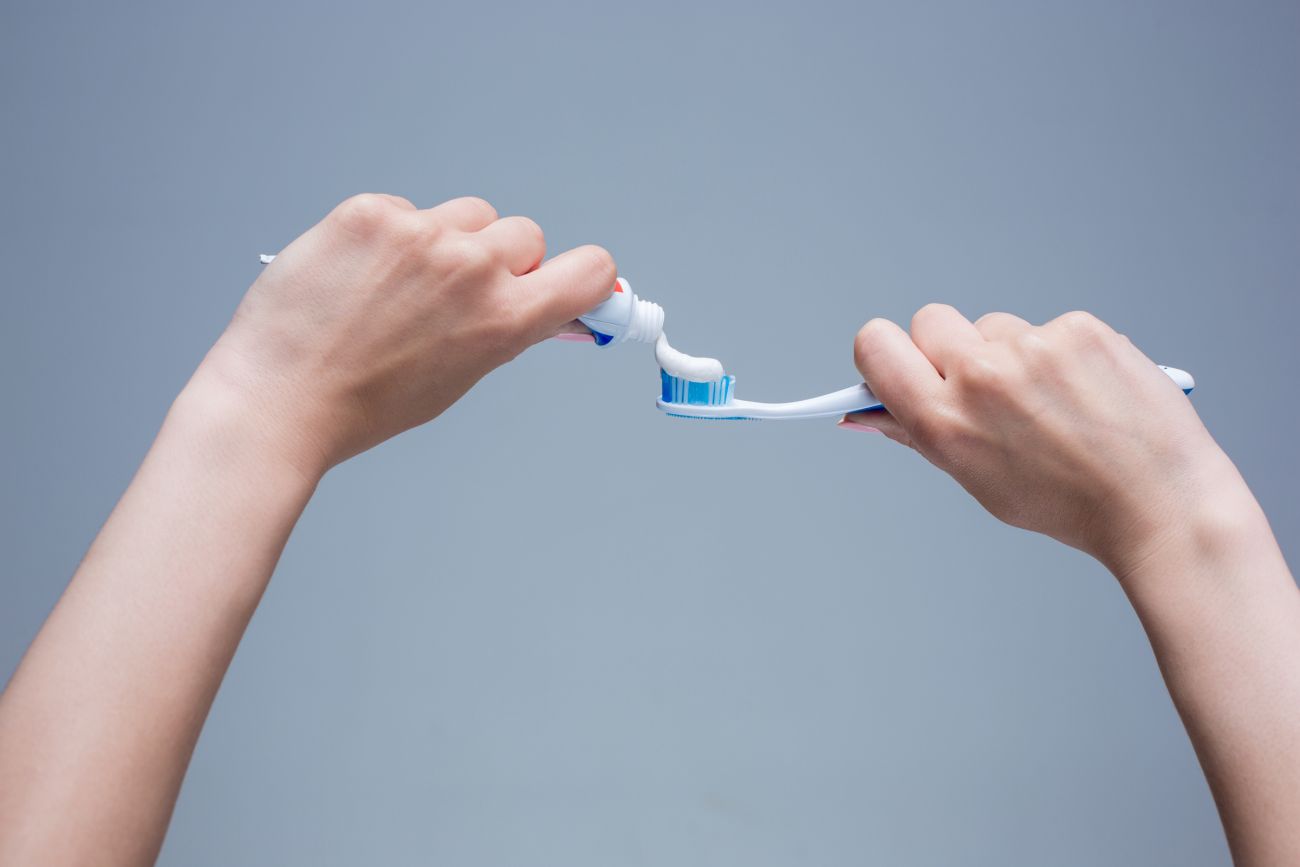Cancer treatments such as drug or radiation therapies can cause mouth problems by directly damaging the tissues in your mouth and/or by weakening your immune system, which normally protects your mouth. If possible, visit your dentist to discuss your overall oral health before treatment begins. Try to fill any existing cavities, treat gum disease, have infected teeth extracted and restore or replace any crowns or bridges.
Here are some of the mouth problems that may occur during treatment:
- Mouth sores: Some cancer treatments identify and target cancer cells by their rapid rate of reproduction and growth. Unfortunately, your mouth contains normal cells that grow and reproduce rapidly, and they, too, are affected by treatment, even though they are healthy.
- Dry mouth: Dry mouth (not having enough saliva) can be a side effect of certain medications. Dry mouth increases the risk of tooth decay.
- Sensitive gums and soreness: Sensitive gums can be a sign of minor swelling from treatment, or an indication of gum disease. Your treatments may weaken your immune system and make you more vulnerable to infection. It is important to see your dentist to discuss treatment for gum disease.
- Pain in the teeth, gums, tongue or jaw: Pain in and around the mouth is common, especially if you’re undergoing radiation near the head and neck. Radiation can cause inflammation and scarring, which may require medication to treat. Grinding your teeth can also cause inflammation and pain. The grinding may be caused by stress — some people grind their teeth during sleep — or by changes in your bite (how your teeth fit together when you close your mouth or chew).
What You Can Do to Keep Your Mouth Healthy and Happy
- Brush twice a day, for 2 to 3 minutes each time. Use a soft-bristle toothbrush and fluoride toothpaste.
- Drink plenty of water (8-12 cups a day) to keep your mouth moist.
- Floss daily.
- Do not use tobacco products: they are harmful to your overall health, and especially to your mouth.
- If you wear dentures or other removable appliances, remember to clean them properly every day.
- Rinse your mouth 5 or 6 times a day for 1 to 2 minutes each time to help keep food debris off your teeth and gums. Rinsing is also helpful after vomiting to prevent stomach acids from damaging your teeth. Do not use any rinse or mouthwash product that contains alcohol. Try these rinsing solutions for the best results (suggested by the National Institutes of Health – U.S. Library of Medicine):
— 1 teaspoon of salt in 4 cups of water
— 1 teaspoon of baking soda in 1 cup of water
— ½ teaspoon of salt and 2 tablespoons of baking soda in 4 cups of water
Never miss another Cancer Talk blog!
Sign up to receive our monthly Cancer Talk e-newsletter.
Sign up!Extra Tips for Care
There are several topical treatments containing numbing and coating agents that can ease the discomfort associated with mouth sores. Over-the-counter medicines such as ibuprofen (Advil®/Motrin®) and acetaminophen (Tylenol®) can also help ease mouth discomfort. Check with your doctor before taking any medications. These medications can also mask a fever, which is a sign of infection, and taking too much of either medication can affect your liver and kidney function.
Eat soft foods and avoid hard, spicy and salty foods, as they irritate the mouth. Cola, hot beverages such as coffee and tea, citrus fruits, and condiments containing vinegar can also be irritating. Alcohol or products containing alcohol can irritate and dry out your tissues and cause burning in areas that are already sore.
Following the instructions your Roswell Park doctor or dentist gives you about how to care for your mouth — including using any recommended products, brushing your teeth and rinsing your mouth — are the keys to keeping your mouth healthy and comfortable during your treatment.

